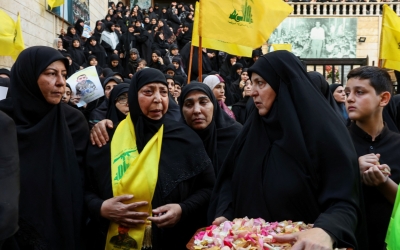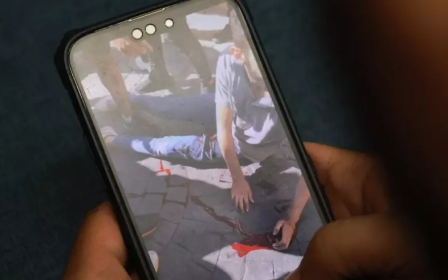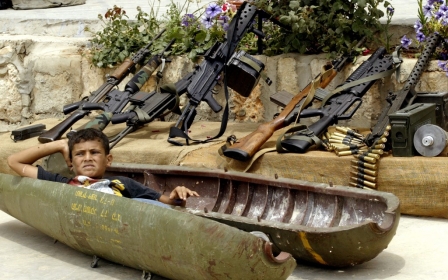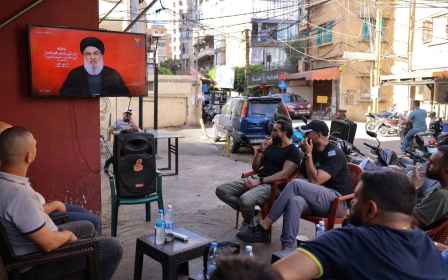'Depravity of violence': Israeli explosions amplify Lebanon's chronic trauma
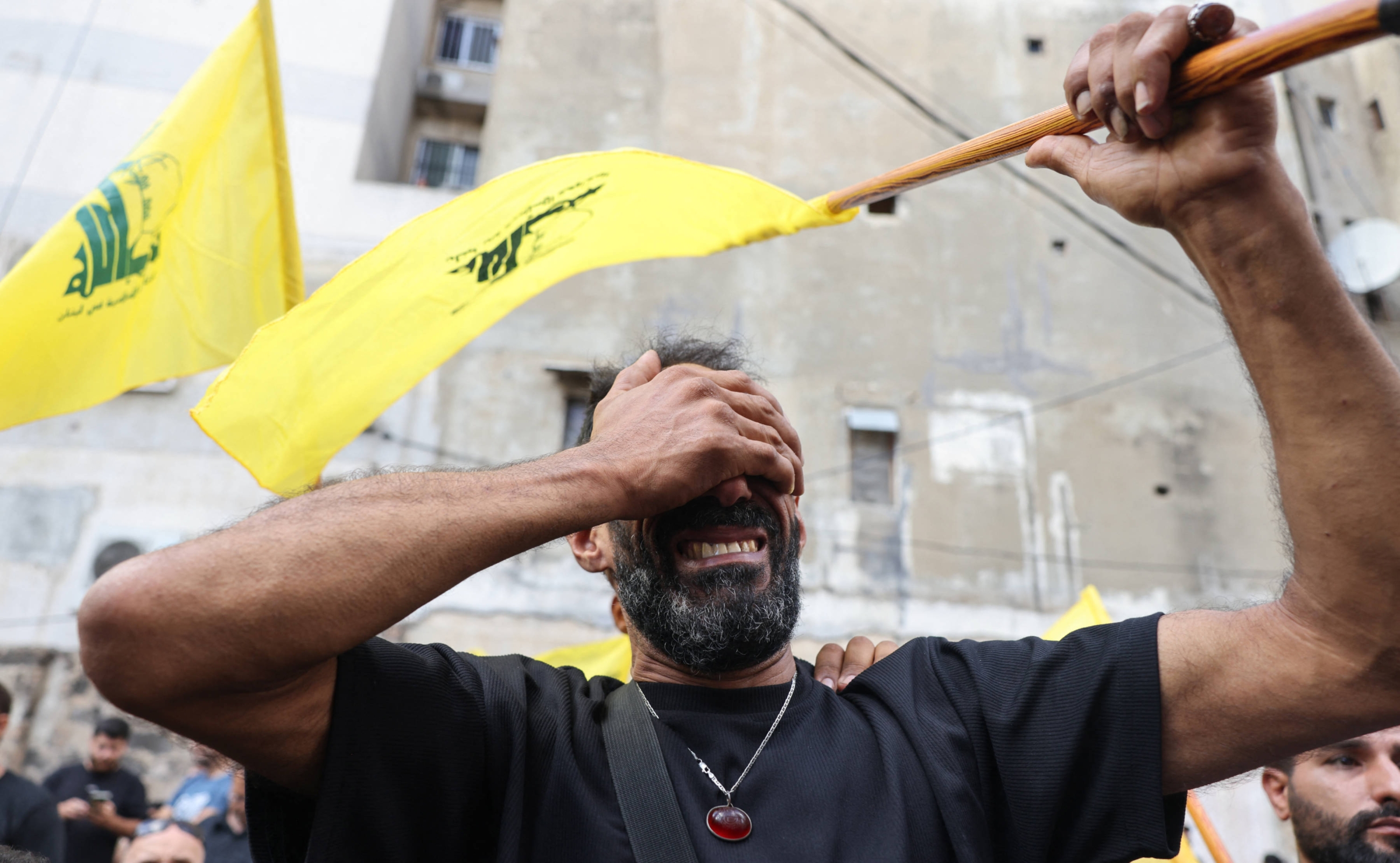
The series of explosions targeting communication devices commonly used by Hezbollah, which wounded thousands earlier this week, has triggered memories for the Lebanese of a string of trauma-inducing events they have endured over the years.
“The scenes reminded us of 4 August,” William Noun, who lost his brother in the deadly port blast in 2020, told Middle East Eye.
Over two days earlier, hospitals across Lebanon were overwhelmed with people wounded in the Israeli attacks. Many doctors echoed Noun's sentiment, saying they had not witnessed such widespread chaos and desperation since the port explosion.
At least 37 people, including two children, were killed in the coordinated attacks, widely blamed on Israel, and more than 3,000 were wounded.
The nature of the injuries also took the health sector by surprise, with hundreds sustaining penetrating wounds to the face, eyes and limbs.
New MEE newsletter: Jerusalem Dispatch
Sign up to get the latest insights and analysis on Israel-Palestine, alongside Turkey Unpacked and other MEE newsletters
The psychological impact of the attacks - compounded by the traumatic memory of the port explosions, years of economic collapse and prior conflicts with Israel - has raised significant concerns among mental health professionals in the country.
“What we are experiencing today are recurring events, especially since there was no closure for what happened on 4 August,” said Mia Atwi, president and co-founder of Embrace, a local non-profit that operates Lebanon’s main suicide prevention hotline in collaboration with the health ministry.
Lebanon's investigation into the port explosion has been heavily obstructed by powerful political actors, leaving many questions unanswered about what happened and who was responsible.
“We are still living through an ongoing conflict, ongoing political insecurity,” Atwi added. “This is making people experience something called chronic hyperactivation [of sympathetic nerves], where our nervous system is constantly prepared for a threat.”
'Our emotions are drugged'
The two-day explosions were followed by deafening Israeli sonic booms over Beirut and heavy bombing in southern Lebanon during Hezbollah leader Hassan Nasrallah’s speech on Thursday, further intensifying the stress and sense of threat felt by people across the country.
'If you could even surprise us with the depravity of violence, with this complete nightmare scenario, we’ve really entered a completely different level'
- Lina Mounzer, author
Lina Mounzer, a Lebanese author who has often written about the ongoing traumas faced by people in Lebanon, told MEE that since the country’s economic crisis began in 2019, “everything seems to defy the imagination”.
“I feel, as Lebanese people, to a certain extent, we protect ourselves by reassuring ourselves that, in some ways, we are able to imagine all of the different kinds of forms of violence that could be visited upon us,” she said.
Mounzer added that events such as the financial collapse and the port explosion, as unprecedented as they were, reminded her of the difficult days she and many others endured during the 15-year civil war.
“It is not something unfamiliar to us.”
Atwi explained that while people cope with trauma and the threat of violence in different ways, many in Lebanon resort to avoidance or try to carry on with their lives as normally as possible.
“We are getting up and doing our work because we have to, while our emotions are drugged,” she said. “We are not really able to function anymore at our normal capacity.”
However, the explosion of communication devices in everyday locations such as grocery stores, cafes, homes, hospitals and funerals may have disrupted the already futile attempts to numb emotions and carry on with daily life.
“If you could even surprise us with the depravity of violence, with this complete nightmare scenario, we’ve really entered a completely different level,” Mounzer said.
Despite this, the shock that followed the event awakened a broad sense of solidarity among the Lebanese, who are often divided by political and sectarian lines.
Noun, who, like many others, accuses Hezbollah of obstructing the investigation into the Beirut port blast, expressed his horror at this week's scenes and his solidarity with those affected.
“All those who were hurt, even if they are Hezbollah members, are Lebanese people at the end of the day,” Noun said.
Middle East Eye delivers independent and unrivalled coverage and analysis of the Middle East, North Africa and beyond. To learn more about republishing this content and the associated fees, please fill out this form. More about MEE can be found here.


